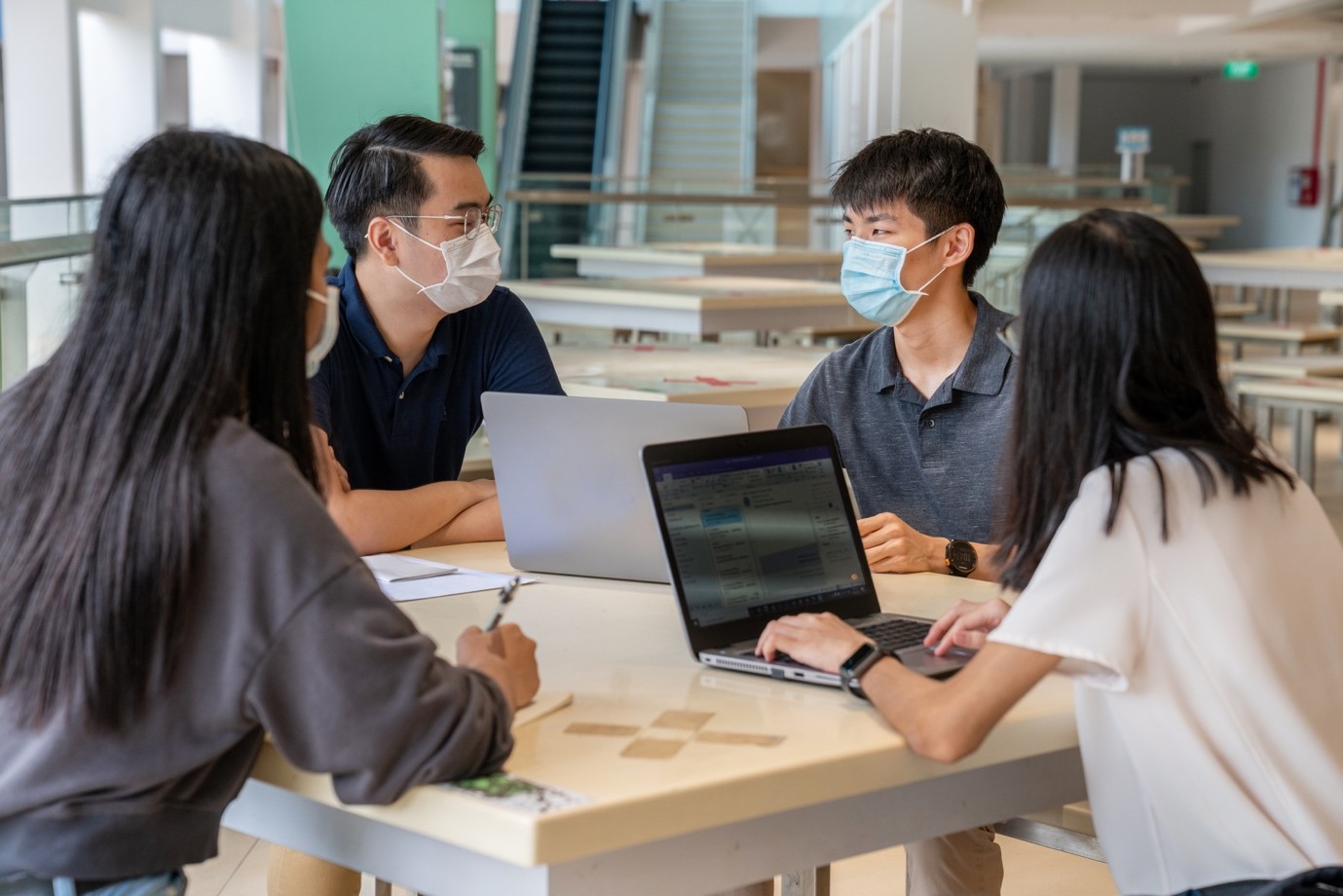Maximizing Mental Health for University Students: Optimizing Digital Interventions

Mental health is a critical aspect of overall well-being, particularly among university students. However, the challenges faced by students, combined with the impact of the COVID-19 pandemic, have heightened the need for effective mental health interventions.
The research project by the WHO Centre for Health Development (WKC) and Kyoto University is aiming to optimize digital mental health interventions for university students.
University students often encounter mental health issues that can adversely affect their happiness, academic performance, and social relationships. The COVID-19 pandemic has exacerbated these challenges by amplifying social isolation. In response, universities have been exploring online therapeutic measures, particularly internet-based cognitive-behavioral therapy (CBT) programs, which have shown promising results in alleviating depressive and anxiety symptoms.
The "Healthy Campus Trial" was a multi-center randomized trial designed to examine and optimize the efficacy of digital CBT interventions delivered via a smartphone app. The study involved 1,093 participants recruited from five universities in Japan's Kansai and Chubu regions from 2018 to 2021.
The researchers created models that can predict how much someone's depressive symptoms will improve based on their personal characteristics and the specific components of the mental health program they had used. The study indicated even just regularly checking their own depressive symptoms had a significant impact on reducing depressive symptoms. The optimization algorithm for digital CBT components enables personalized guidance and precision medicine for university students facing depressive symptoms. Its impact extends to influencing trial designs and shaping decision-making in public health and clinical practice worldwide. The findings and algorithm will be presented to Japanese universities and local government authorities.
Caption: WHO / Amrita Chandradas

